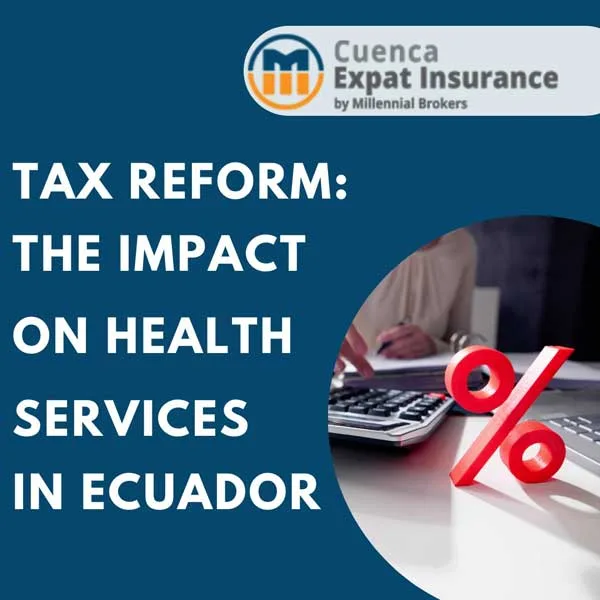Sugar is good? Fat is bad? How the sugar lobby manipulated dietary recommendations
In the 1960s the idea that diet influenced heart disease was new, but there was a debate among experts about which was the culprit — fat or sugar. Health experts weren’t convinced that all fats were “bad” and even that far back some wanted to examine the role of sugar in the diet more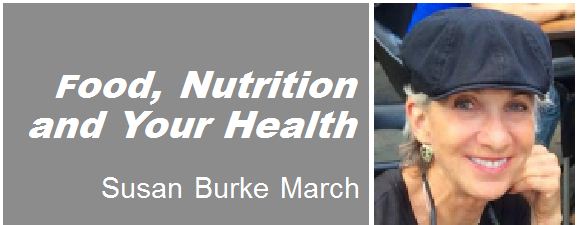 closely. But in a paper published this past Tuesday in the journal PLOS Biology, researchers report that the sugar industry lobby shut down a study showing a clear and compelling link between high-sugar diets and high triglycerides. While Americans got the message that high-fat diets and heart disease were closely connected, sugars were given a sweet pass.
closely. But in a paper published this past Tuesday in the journal PLOS Biology, researchers report that the sugar industry lobby shut down a study showing a clear and compelling link between high-sugar diets and high triglycerides. While Americans got the message that high-fat diets and heart disease were closely connected, sugars were given a sweet pass.
As reported on NPR, Stanton Glantz of the University of California, San Francisco likened the sugar industry’s manipulation of scientific data reporting to strategies employed by the tobacco industry, which discredited the negative health effects associated with smoking — the mission — “shift all of the blame onto fats.” 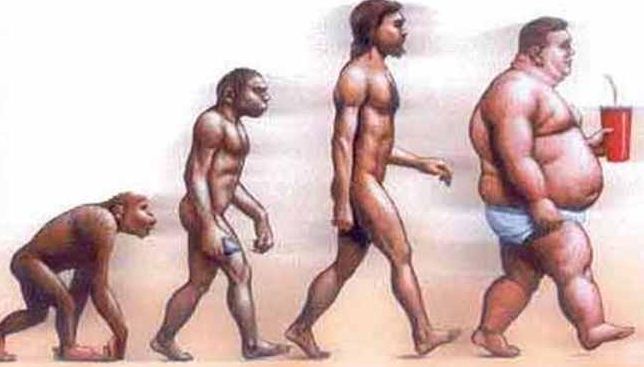 In 1967, At least three Harvard scientists, selected by the “Sugar Research Foundation”, an industry-backed trade group, received substantial compensation —$50,000, a lot of money at the time – to publish favorable data associated with sugar consumption.
In 1967, At least three Harvard scientists, selected by the “Sugar Research Foundation”, an industry-backed trade group, received substantial compensation —$50,000, a lot of money at the time – to publish favorable data associated with sugar consumption.
As reported in the L.A. Times, this “scientific group” published recommendations that concluded that, “… there was “no doubt” that reducing cholesterol and saturated fat was the only dietary intervention needed to prevent heart disease.” According to the JAMA report, the researchers overstated the consistency of the literature on fat and cholesterol while downplaying studies on sugar.
Mark Hegsted, one of the selected researchers, subsequently served as the head of nutrition for the United States Department of Agriculture (USDA) and was instrumental in drafting the first U.S. dietary guidelines, which recommended cutting all fat in the diet, without putting a limit on sugar.
Researcher Cristin E. Kearns, a dentist, MBA, and postdoctoral fellow in the UCSF School of Medicine and her colleagues found evidence that the sugar industry backed studies that downplayed the role of sugar in the development of obesity and epidemics of diabetes and heart disease. Instead, they demonized fat. Read more about Dr. Kearns in Time.com here.
Kearns concluded, “Policymaking committees should consider giving less weight to food industry-funded studies.” In this new review, it’s revealed that the Sugar Association worked to suppress scientific findings that linked excessive dietary sugar to increased risk for high triglycerides and heart disease and possible risk for bladder cancer. Read more from the PLOS Biology paper here. But, despite the sugar lobby’s efforts, researchers and policy makers have been pushing the USDA and health organizations throughout the world to restrict sugar, citing global studies pointing to the relationship between excessive sugars and soaring rates of obesity and related diseases. Article continues below graphic. 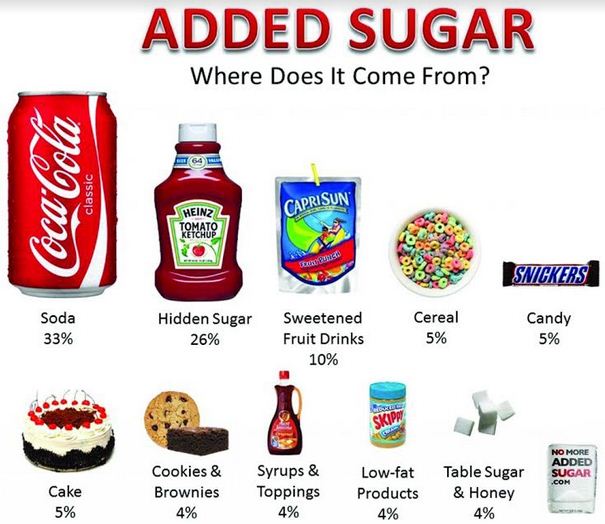
The 2015 USDA (U.S Department of Agriculture) dietary guidelines removes the blanket restriction of foods high in dietary cholesterol, such as eggs and shrimp, and for the first time puts a limit on added sugars. Far from demonizing all fats, for years dietitians and health experts have been advising that some fats are important for better health.
Fat is necessary for absorption of fat-soluble vitamins A, D, E, and K. Fat is a major source of energy, and essential for building cell membranes, for blood clotting, to reduce inflammation. All fats are not equal — avoid all trans fats (hydrogenated fat), but monounsaturated and polyunsaturated fats from fruits like olives and avocado and from seeds are linked to heart health; some saturated fat from plants like coconut oil may be healthful too, and in small amounts, from whole milk, cheese, and pasture-raised meats.
As reported on CNN Health, current U.S. guidelines recommend a “healthy eating pattern” with limited sugar and saturated fat, less salt and more vegetables and whole grains. Importantly, added sugars should not exceed 10% or less of your daily calories. Great Britain and the World Health Organization recommend a limit of 5%. If you’re eating a 2,000 calorie-a-day diet that’s about 50 grams, or 12 ½ teaspoons of added sugar. How did I calculate this? One teaspoon of sugar equals 4 grams. Divide 50 grams by 4, about 12-½ teaspoons of added sugar. One teaspoon of sugar has 16 calories. 12 ½ times 16 equals 200 calories — but, they’re “empty” ones, without nutritional value.
You’ve probably noticed that here in Ecuador people have a love affair with sugar. It is everywhere. From sodas to energy drinks to desserts, and most stealthy and persistently, in juices. Most almuerzos come with juice, and even 100% fruit juice has as much fructose (fruit sugar) as soda. Ecuadorian obesity rates are growing, more quickly in the younger population, and many experts link it to sugar, sugar, sugar. Adult and childhood obesity is noted to be a public health concern. Once considered a problem only in high-income countries, overweight and obesity are now dramatically on the rise in low- and middle-income countries, particularly in urban settings.
Be a Label Sleuth: Read the ingredients list first
In Ecuador, grams of added sugar is noted clearly on the Nutrition Facts label. And like Great Britain and other countries, Ecuadorian consumers don’t even have to flip the box or can over to read the sometimes-microscopic nutrition facts panel to know if something is high or low in sugar.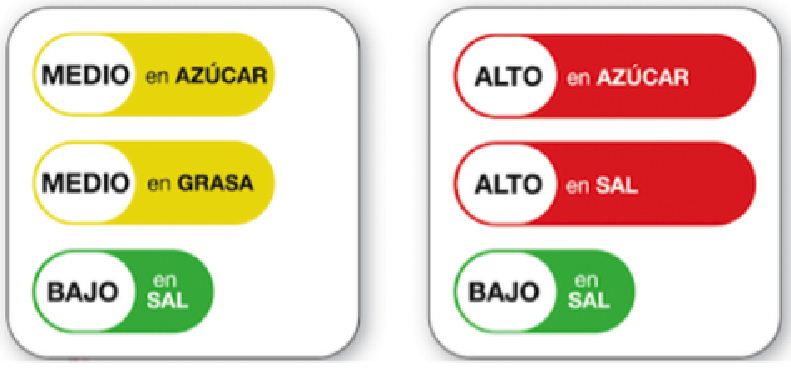 Right on the front of the package is the “traffic light” alert telling you if the product is a “go, slow, whoa” food, telling you at a glance if a product is alta (high-red), medio (medium-yellow), or bajo (low-green) in a particular nutrient. But it’s not so easy to be an educated consumer in the U.S. There’s no front-of-the-package information.
Right on the front of the package is the “traffic light” alert telling you if the product is a “go, slow, whoa” food, telling you at a glance if a product is alta (high-red), medio (medium-yellow), or bajo (low-green) in a particular nutrient. But it’s not so easy to be an educated consumer in the U.S. There’s no front-of-the-package information.
Even though the new approved nutrition facts label that separated out grams of added sugar were supposed to be in force in the U.S. by now, there’s been delay after delay. Why? Ask the Trump administration. Although many of the larger food companies have already listed “added sugars” on their product labels, the Trump administration has again delayed this major upgrade to the labels on our food. Read more here.
So, read the ingredient list first. Ingredients are listed in descending order — start with the ingredient that takes up the most volume or weight. If sugar is near the top of the list, the food is high in added sugars. And there are dozens of ways to say sugar! Sucrose, maltose, dextrose, fructose, glucose … any “ose” means sugar. Cane sugar, honey, maple syrup, brown sugar, corn syrup, high fructose corn syrup, fruit juice concentrate, even organic sugar is just sugar, after all. Article continues below graphic. 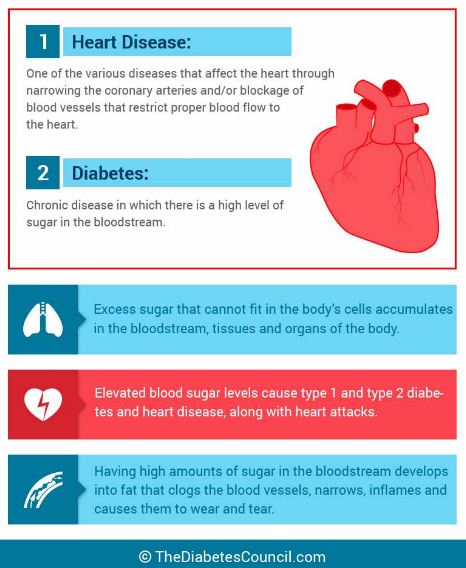
And don’t be confused about carbohydrates vs. sugars. Although sugar is a carbohydrate, all carbohydrates do not contain added sugar. Yogurt is a good example. A cup of unsweetened, natural yogurt contains about 11 grams of carbohydrate, all from naturally occurring lactose. Since there is no added sugar in unsweetened, natural yogurt, the “sugars” line will also read just 11 grams of sugar. But in a sweetened yogurt, there may be double or triple the amount of carbohydrate, in the form of added sugar. Read my column about added sugars here.
Sugar is not poison. It is … sugar. It is sweet, it tastes good, it has calories, negligible or no nutrients, and humans have been enjoying it for thousands of years. Unrefined sweeteners like honey and maple syrup contain minute amounts of nutrients, but they’re not health foods, they are sweeteners. Sugar won’t make you sick although too much sugar will make you sick. When everything you drink is sweetened, then that’s what your taste buds expect. Some people call that a “craving” for sweet-tasting foods.
Take a peek at this 50 year-old video from Jack LaLanne, where he talks passionately (as usual!) about sugar. He is such a hoot! And he sure did know what he was talking about, all those years ago.
Sources:
Business Insider. The Trump Administration is delaying a big change to nutrition labels that will make calories and sugars easier to see. http://www.businessinsider.com/fda-changes-nutrition-labels-delayed-trump-administration-2017-6 CNN.com. New U.S. dietary guidelines limit sugar, rethink cholesterol. http://www.cnn.com/2016/01/07/health/2015-dietary-guidelines/ Independent. Ecuador to tax fast food in effort to halt soaring obesity rate. http://www.independent.co.uk/news/world/americas/ecuador-to-tax-fast-food-in-effort-to-halt-soaring-obesity-rate-9727366.html JAMA Internal Medicine. Food Industry Funding of Nutritional Research. http://archinte.jamanetwork.com/article.aspx?articleid=2548251 LATimes.com. Science Now. Sugar industry funded research to cast doubt on sugar’s health hazards, report says. http://www.latimes.com/science/sciencenow/la-sci-sn-sugar-industry-coverup-20160912-snap-story.html National Public Radio. What The Industry Knew About Sugar’s Health Effects, But Didn’t Tell Us. https://www.npr.org/sections/thesalt/2017/11/21/565766988/what-the-industry-knew-about-sugars-health-effects-but-didnt-tell-us NewYorkTimes.com. How the sugar industry shifted blame to fat. http://www.nytimes.com/2016/09/13/well/eat/how-the-sugar-industry-shifted-blame-to-fat.html?action=click&contentCollection=Well&module=Trending&version=Full®ion=Marginalia&pgtype=article&_r=0 NHS Choices. How does sugar in our diet affect our health? http://www.nhs.uk/Livewell/Goodfood/Pages/sugars.aspx PLOS Biology. Sugar industry sponsorship of germ-free rodent studies linking sucrose to hyperlipidemia and cancer: An historical analysis of internal documents. http://journals.plos.org/plosbiology/article?id=10.1371/journal.pbio.2003460 YouTube.com. Jack LaLanne “Sugarholics”. https://www.youtube.com/watch?v=v9tUPqYF6LU








